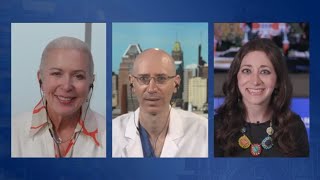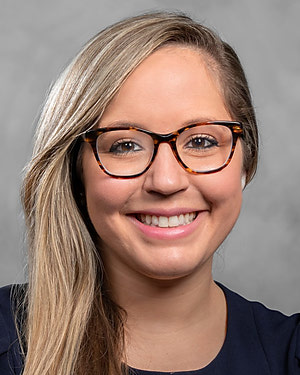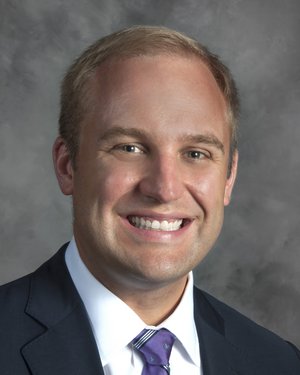-
Ilana M Zinn, D.M.D., M.S.
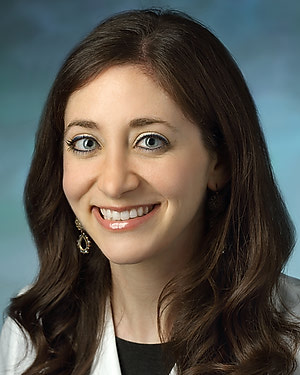
- Director, Cleft-Craniofacial Orthodontics
- Assistant Professor of Plastic and Reconstructive Surgery
-
Rick Redett III, M.D.
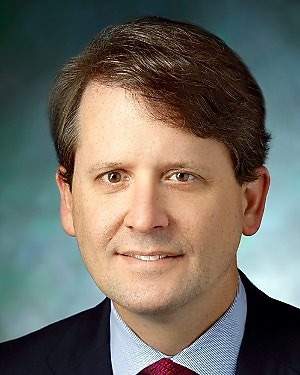
- Director, Plastic and Reconstructive Surgery
- Director, Cleft Lip and Palate Center
- Director, Genitourinary Transplant Program
- Professor of Plastic and Reconstructive Surgery
- Professor of Pediatrics
-
Robin Yang, D.D.S., M.D.
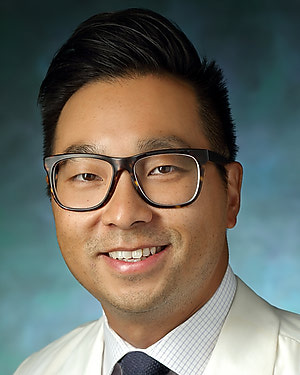
- Director of Pediatric Plastic Surgery
- Division Chief of Oral and Maxillofacial Surgery and Dentistry
- Assistant Professor of Plastic and Reconstructive Surgery
- Assistant Professor of Otolaryngology - Head and Neck Surgery
Conditions We Treat: Cleft Lip and Palate
Children born with a cleft lip or palate face many issues, including increased susceptibility to ear infections, hearing loss, feeding problems and speech defects. Our reconstructive surgeons help patients achieve their full potential, without being defined or limited by facial differences (or birth defects). Learn more about cleft lip and palate.
Why choose Johns Hopkins?
Our surgeons specialize in cleft lip and palate and other craniofacial conditions. We provide compassionate and expert care that addresses not only the physical, but also the emotional needs, of our patients and their families.
The Johns Hopkins Department of Plastic and Reconstructive Surgery is staffed by surgeons who specialize in different techniques of surgery, such as craniofacial surgery, microvascular surgery, nerve transplantation and bone transplantation. Some of our fellowship-trained plastic surgeons, including pediatric surgeons, specialize in facial reconstruction. Over years of practice, they have built a reputation as being among the best facial reconstruction surgeons in the country. They have learned about and, in many cases, developed and taught the latest and most effective surgical techniques.
The Johns Hopkins Department of Plastic and Reconstructive Surgery is listed as an ACPA Approved Team by the American Cleft Palate-Craniofacial Association (ACPA).
Treatment
To repair a cleft lip, the plastic surgeon uses a special technique to suture the two sides of the lip together, leaving a scar which blends into the lip. To repair a cleft palate, the plastic surgeon uses tissue from either side of the mouth to fill in the gap, rebuilding the palate.
Surgery is generally done within the first 12 months after birth. At Johns Hopkins, our reconstructive surgeons can often repair the lip or palate with one surgery, though in some cases, two may be required.
Our Specialty Center
The Cleft and Craniofacial Center harnesses the expertise of plastic surgeons, neurosurgeons, speech and language pathologists, dentists and orthodontists, geneticists, otolaryngologists (ear, nose, and throat or ENT doctors) and a nurse coordinator, all of whom specialize in cleft lip and palate and other craniofacial conditions.
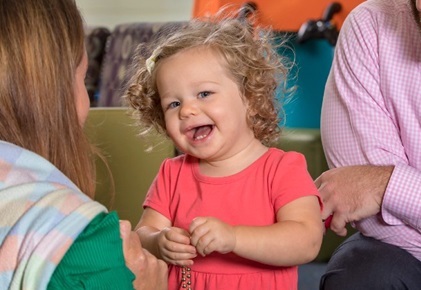
Facebook Live: National Cleft and Craniofacial Awareness Month
Drs. Ilana Ickow and Jordan P. Steinberg discuss the basics of cleft lip and palate and craniofacial disorders, and how these conditions are managed at Johns Hopkins Children’s Center.
Cleft Lip and Palate Treatment at Johns Hopkins
After having two children with a cleft lip and a cleft palate, one Baltimore family visits Dr. Richard Redett in the Department of Plastic and Reconstructive Surgery to seek out treatment and ongoing care at the Johns Hopkins Cleft and Craniofacial Center.
Our Surgeons
Physician Assistant
Rae Buckley, PA-C

Nurse
Kim Siefert, R.N.


